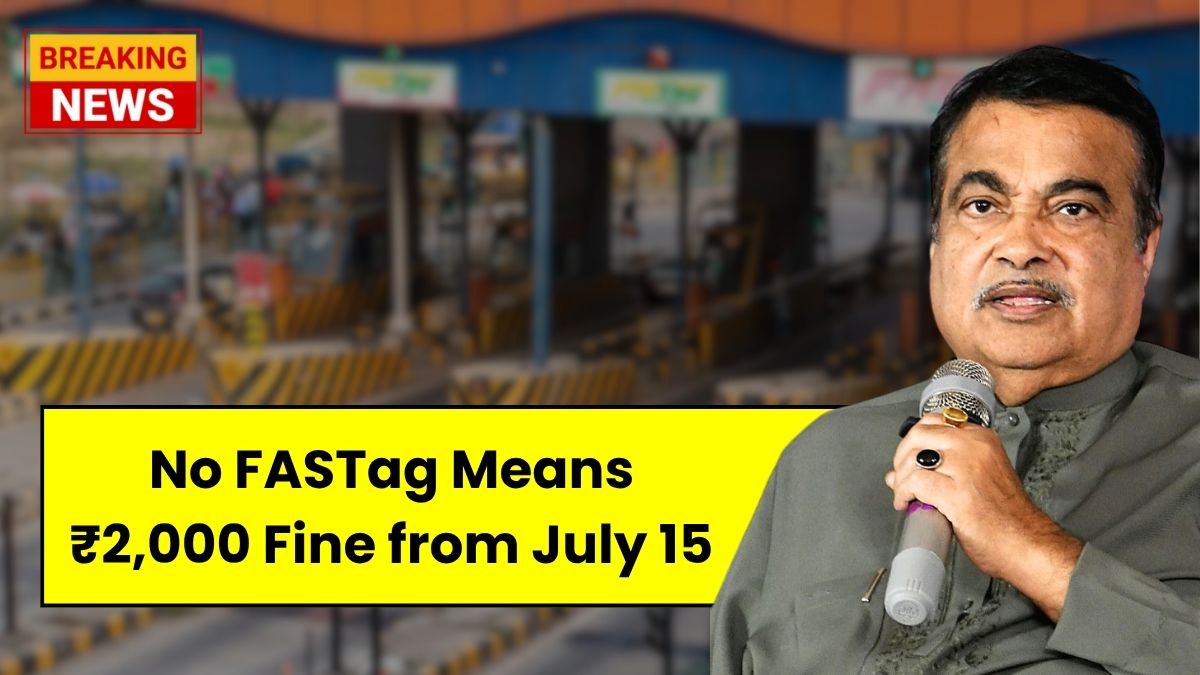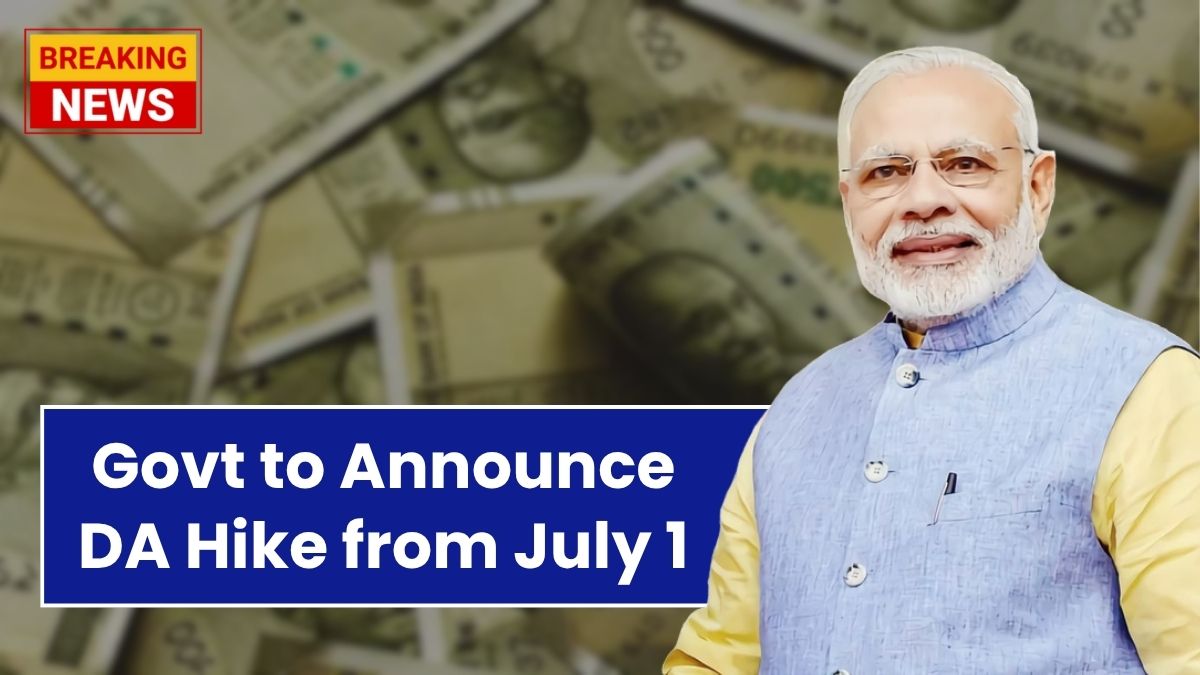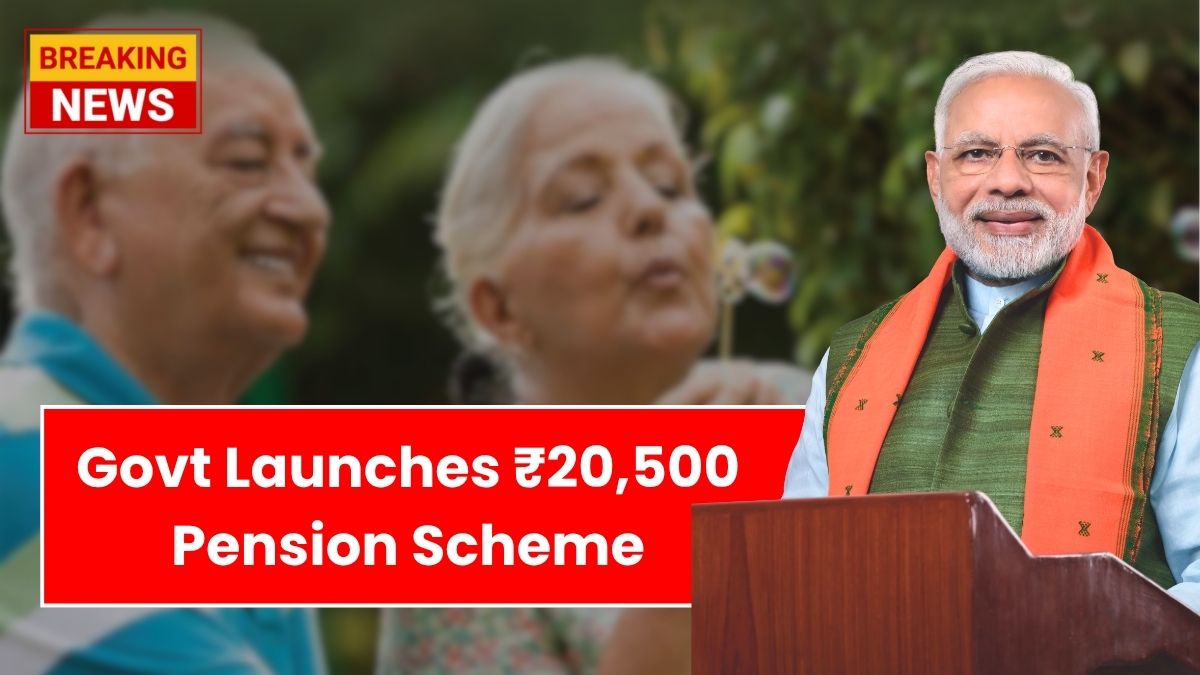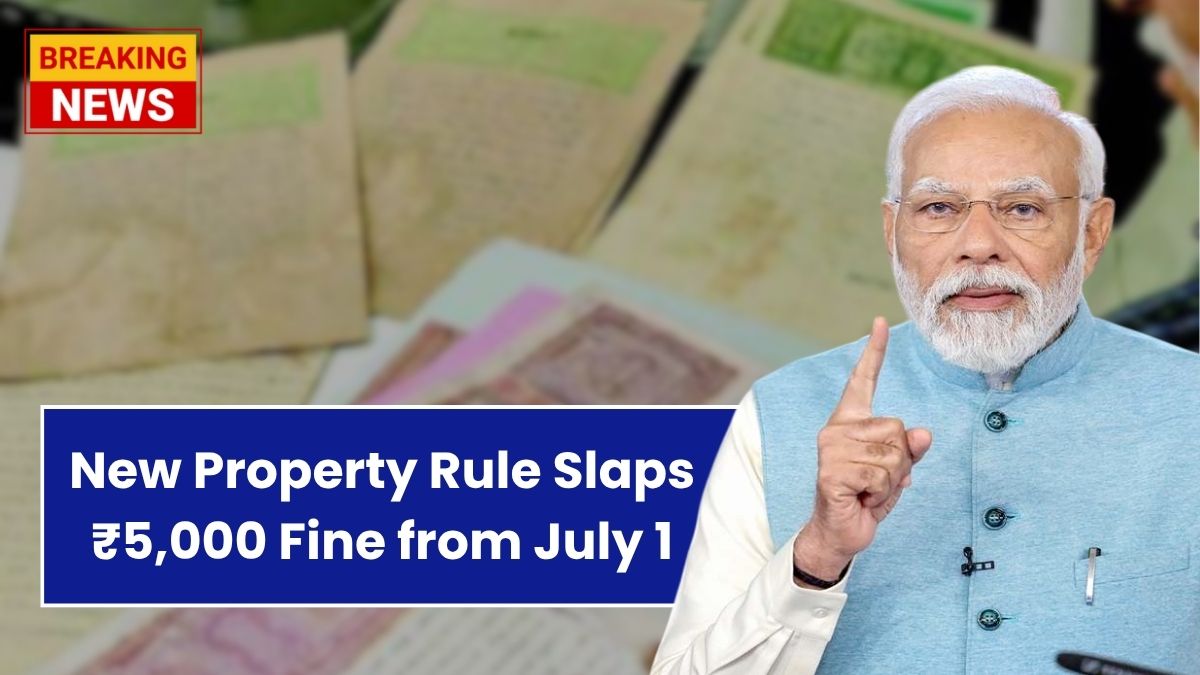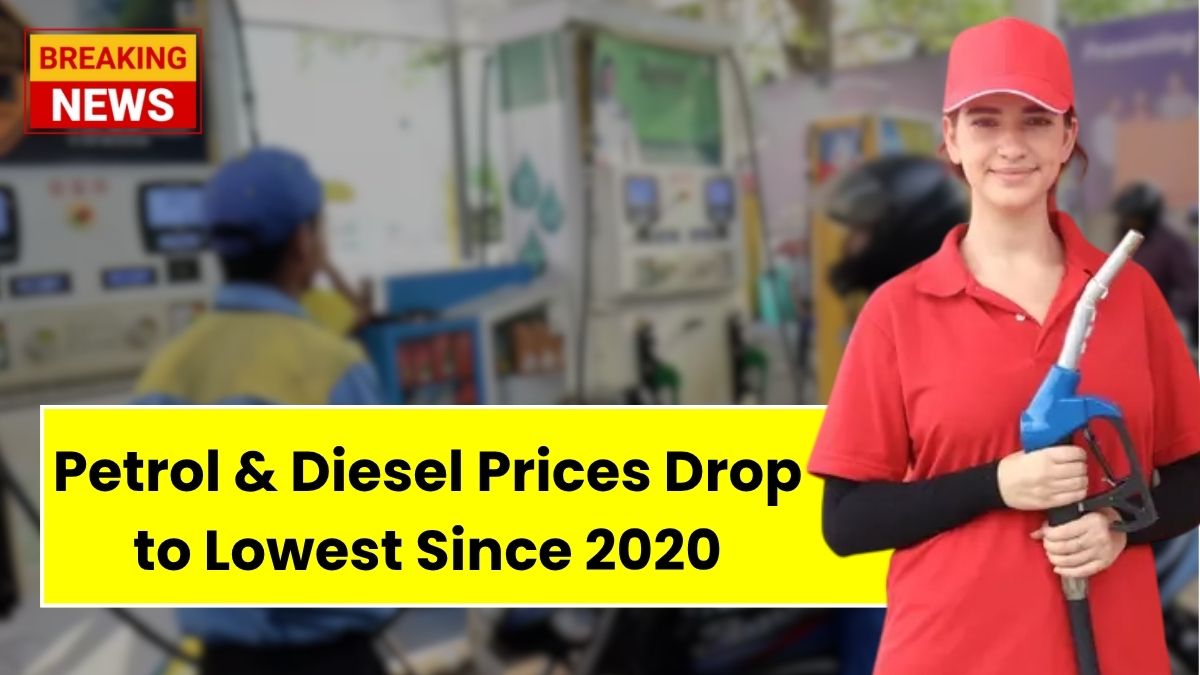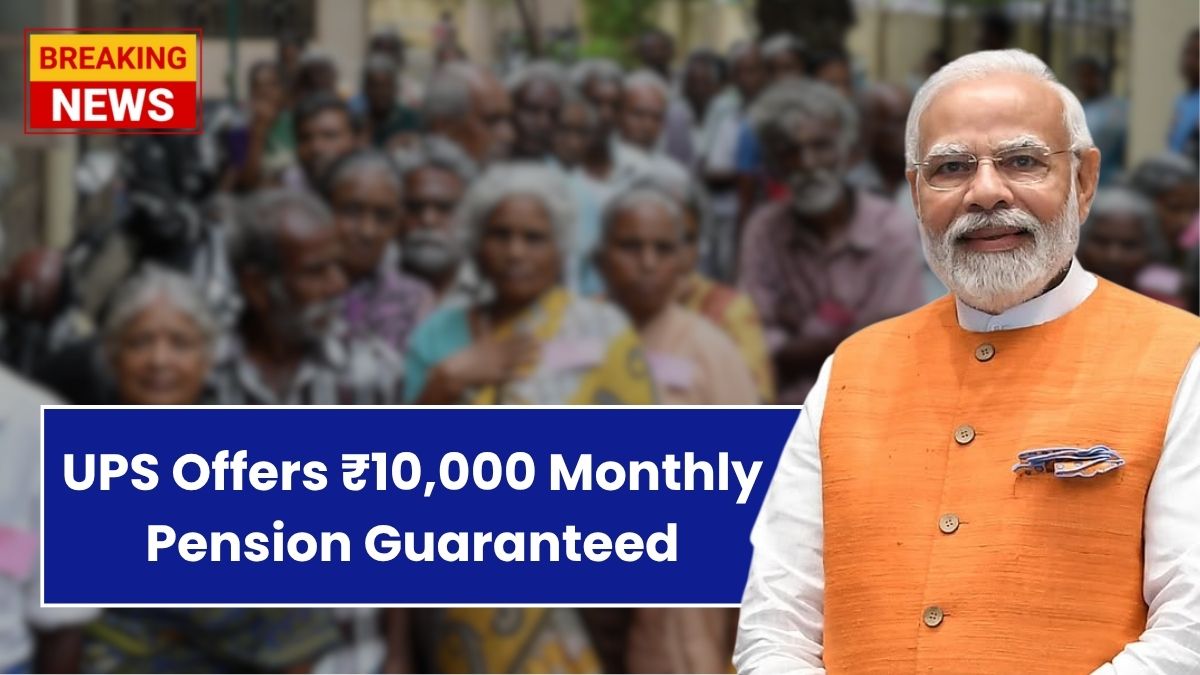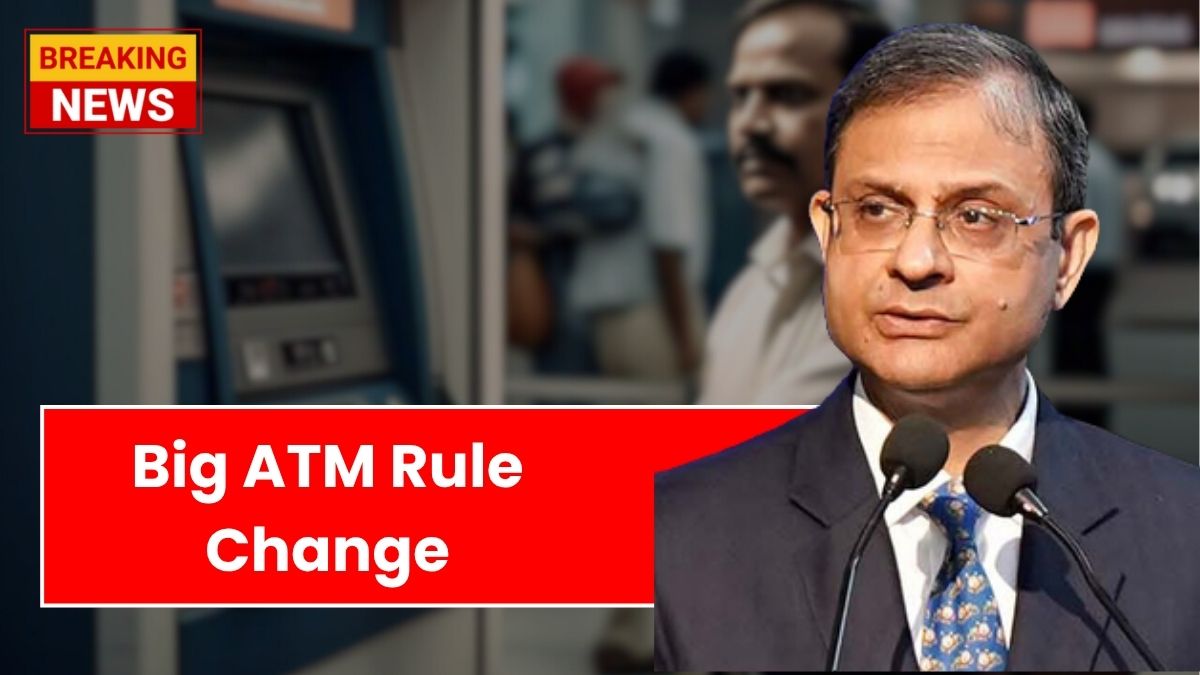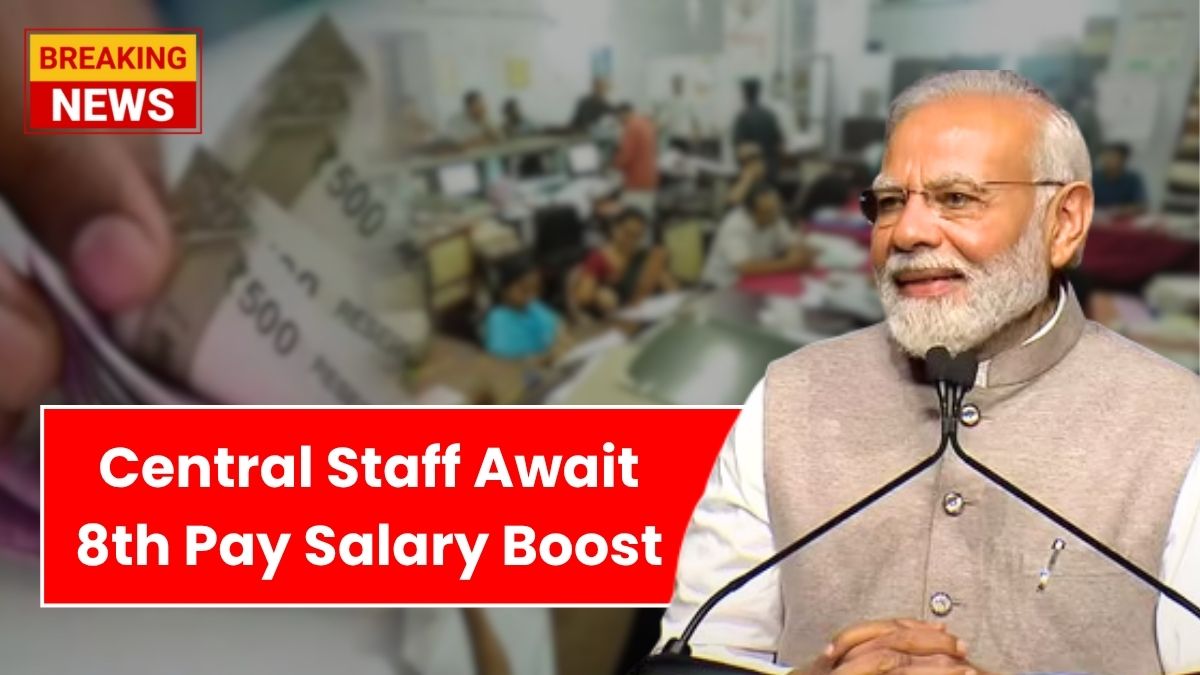Fastag Annual Pass – Starting July 15, India is all set to roll out toll charges for two-wheelers—a change that’s bound to impact millions of motorcyclists. Until now, bikes have been cruising past toll booths without a fee, but that’s coming to an end. From this date, two-wheeler riders will have to pay tolls just like four-wheelers do. It’s part of the government’s plan to standardize road usage charges, raise funds for better infrastructure, and keep our roads in top shape. While it sounds like a smart idea on paper, it’s already raising eyebrows, especially among daily commuters who rely on bikes to get to work, school, or home.
This new rule isn’t just about paying tolls—it also means that the FASTag system, which was earlier optional for two-wheelers, will now be mandatory. If you’re not familiar with FASTag, it’s that little sticker on the vehicle’s windshield that lets you pay tolls automatically as you pass through toll booths. Earlier, bikers were given a pass, but not anymore.
FASTag Now Mandatory for Bikes Too
With the exemption ending, two-wheeler owners must now install a FASTag on their vehicle. This change is meant to help speed up toll collection, cut down on long lines at booths, and push India further into a digital payment culture. But let’s face it—this will be a learning curve, especially for riders from smaller towns and rural areas where digital systems aren’t as common. To help with this, the government is planning to launch awareness campaigns and make FASTags available through banks, toll plazas, and even online portals.
If you’re riding a bike and haven’t got your FASTag yet, now’s the time. The process is fairly easy and doesn’t take much time. But make sure your FASTag is linked properly to your vehicle registration, and don’t forget to keep it topped up with enough balance to avoid any issues at the toll.
What Happens If You Don’t Follow the Rules?
Here comes the big one: If you don’t have a FASTag or try to skip paying the toll, you could be fined ₹2,000. And that’s not a one-time thing—there are multiple violations that could get you into trouble. From incorrect placement of the FASTag to using an expired one, any slip-up could cost you.
Thankfully, the government is allowing a 30-day grace period at first, especially for those who haven’t yet installed their FASTags. But this won’t last forever. Once the grace period ends, violations like toll evasion, incorrect toll lane usage, or using the wrong vehicle category will result in immediate fines. So it’s better to sort it all out now than to pay later.
How You Can Get Ready
If you own a two-wheeler, here’s what you need to do: Get a FASTag from a bank or online vendor, link it to your vehicle, and make sure it has sufficient balance. Also, place it correctly on your bike—usually near the headlight or on the windscreen, depending on your model. Learn which lanes are meant for two-wheelers at toll booths to avoid confusion. Knowing the toll charges on your regular routes can also help you plan better and avoid any surprise expenses.
And don’t be shy to ask questions or attend community info sessions if they’re happening in your area. These will help you get familiar with the new system and give you tips on how to avoid penalties.
Why This Change Might Actually Help
Sure, nobody likes new rules—especially when they mean paying more. But in the long run, this change could actually bring in a lot of benefits. For one, the money collected will go toward improving road quality and maintaining highways. That means fewer potholes, better road safety, and smoother rides for everyone.
Also, using FASTag for bikes promotes digital payments, something the government has been pushing for years. It reduces cash handling, cuts down toll booth waiting times, and gives the authorities real-time data on traffic patterns. This can help in better road planning and even reduce jams during peak hours.
The Flip Side—What Could Go Wrong
Despite the good intentions, there are real concerns about this rollout. A major issue is the financial stress it might cause for low-income riders—like students or daily wage workers—who depend on bikes for their livelihood. That’s why there’s growing demand for special discounts or subsidies for these groups.
There’s also the issue of awareness. Many riders, especially in rural India, may not even know these rules are coming. That’s where awareness campaigns, community involvement, and support helplines become crucial. Without them, even well-meaning rules can feel like a punishment.
Looking Ahead
With just a few weeks left before July 15, it’s important for all two-wheeler owners to stay informed and prepared. While this change may feel inconvenient now, it’s a step toward a more organized and efficient road system. If done right—with enough support, education, and fairness—it could benefit everyone in the long term.
Disclaimer
This article is meant for general informational purposes only. While efforts have been made to ensure accuracy, readers are advised to verify updates and specific toll charges or FASTag regulations from official government sources before taking any action.
